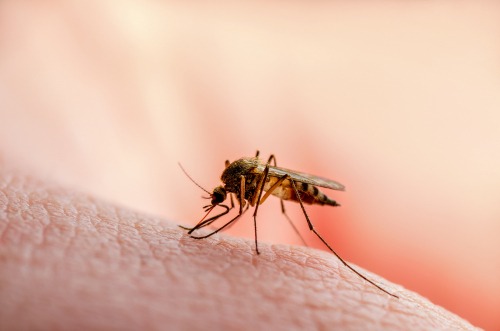
The ReVector program – an anti-mosquito Defense Advanced Research Projects Agency (DARPA) creation undertaken at Stanford University – entered its next research phase this month, advancing to animal testing.
“Phase 1 of the program focused on identifying microbial or metabolic targets that produce molecules relevant to mosquito attraction and feeding, and designing microbiome alterations to reduce said attraction,” Dr. Linda Chrisey, ReVector program manager, said. “In Phase 2, the team plans to advance to testing in animal models and more complex microbiome communities.”
Mosquitoes are major spreaders of disease to humans throughout the world, responsible for driving outbreaks of Zika virus, West Nile virus, Chikungunya virus, dengue, and malaria, among others. Researchers aim to make this less of a problem by using altered human skin microbiomes to dissuade mosquitoes from hunting and biting humans. Ultimately, ReVector would like to turn this research into topical formulations that could be easily applied and last for at least two weeks without reapplication.
Long-term mosquito repellant, resulting in safer operations for military personnel in disease-endemic regions.
All research is being reviewed regularly by an independent lab and regulatory agencies such as the Environmental Protection Agency (EPA) and Food and Drug Administration (FDA). In this way, researchers benefit from independent eyes, ensuring their findings do not inadvertently spur other threats to humans or the environment.
The first phase included the development of technologies to modify human skin microbes and modulate the volatiles they create. These were then tested in petri dish formulations with three mosquito types to chart changes in mosquito attraction.




